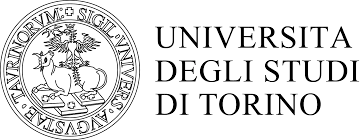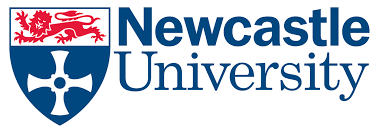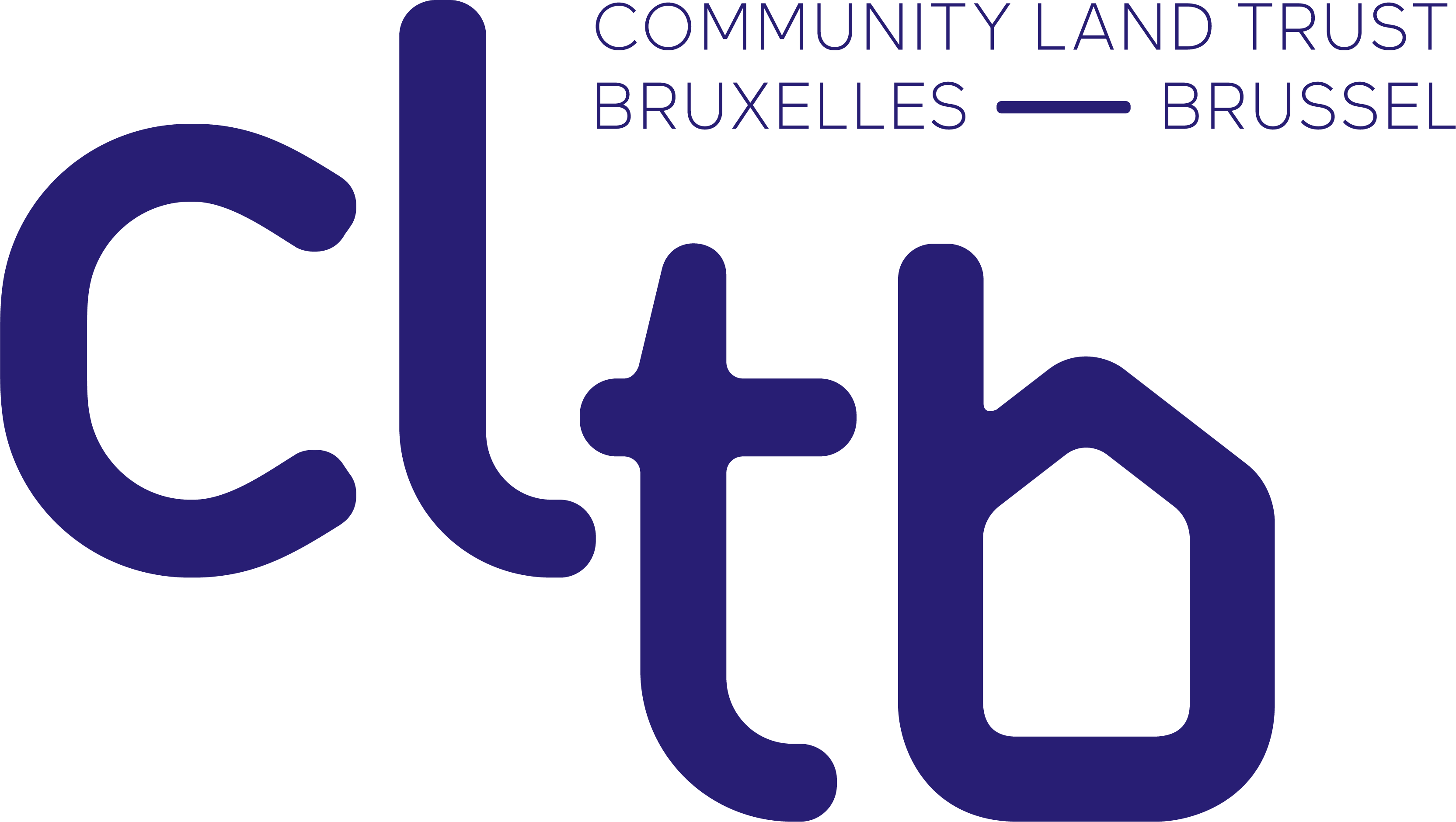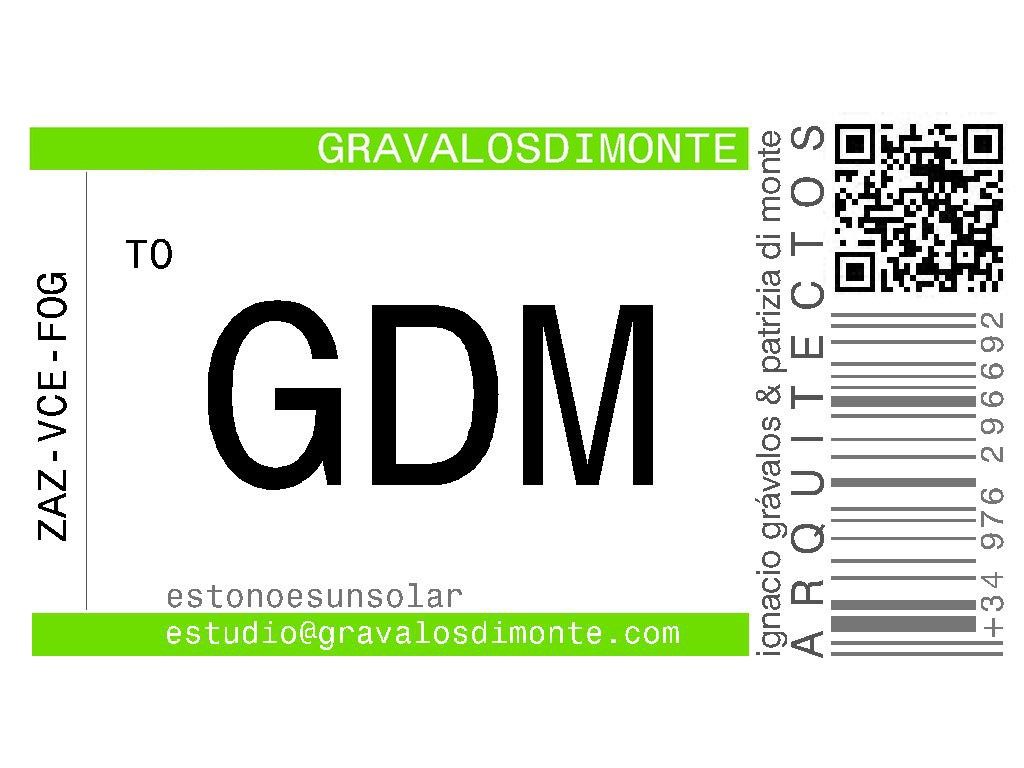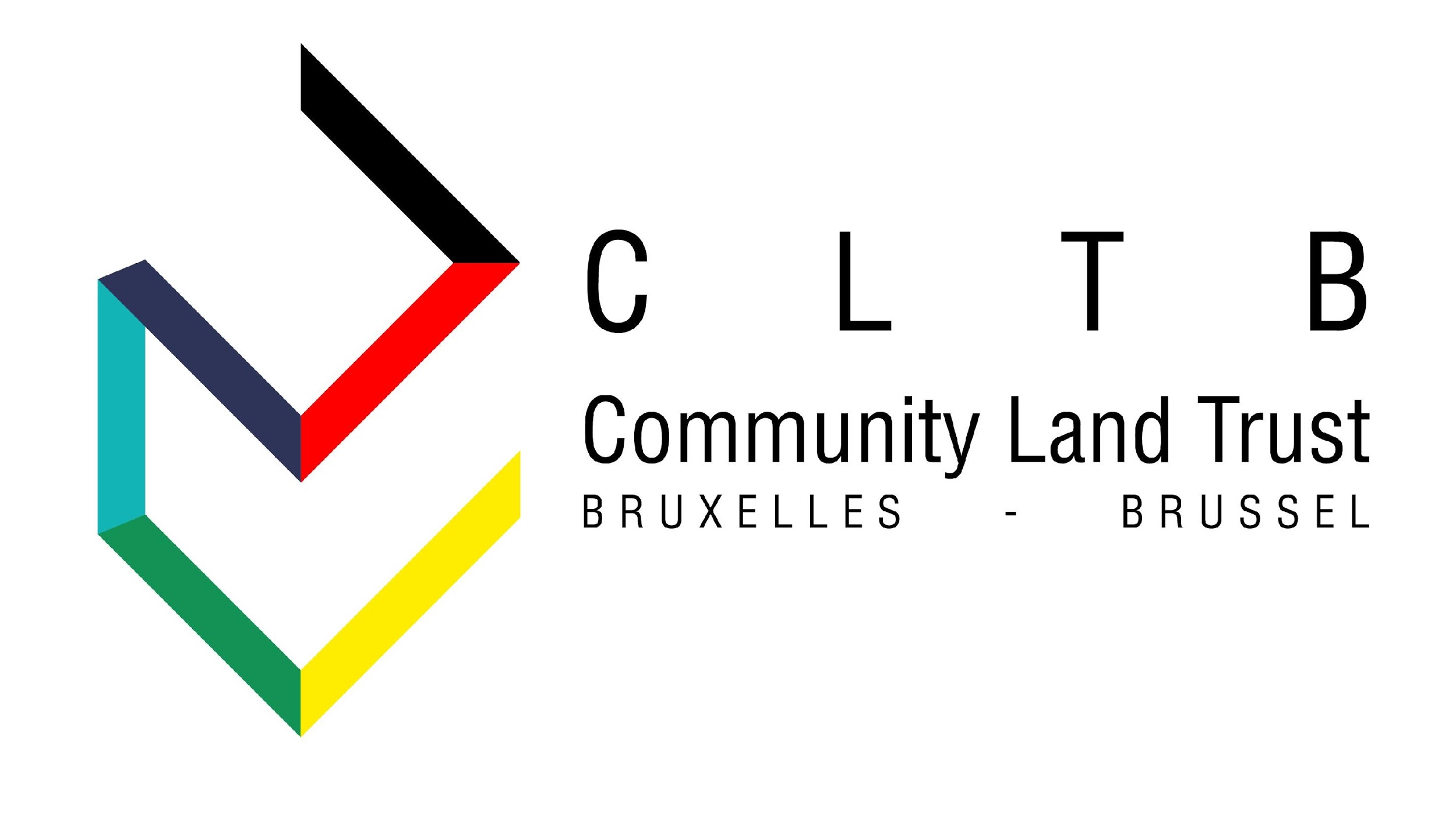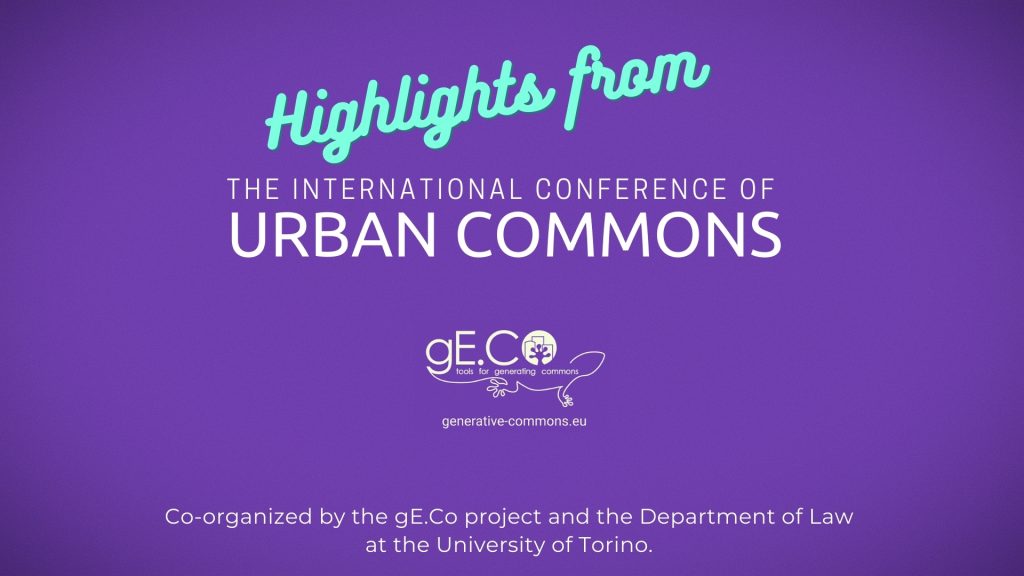
Co-organized by the Generative Commons project and the Law department of the University of Turin, the conference of Urban Commons provided an extensive glimpse into the challenges facing commons as well as the tools at the disposal of initiatives and citizen movements.
Research and papers from around the world were presented in what can be labelled as one of the most comprehensive events on the topic of Commons.
Ecclesiastical Properties as Common Goods
One of the more interesting papers presented during the conference was by Davide di Modugno titled “Ecclesiastical Properties as Common Goods: A Challenge for the Cultural, Social and Economic Development of Local Communities.”
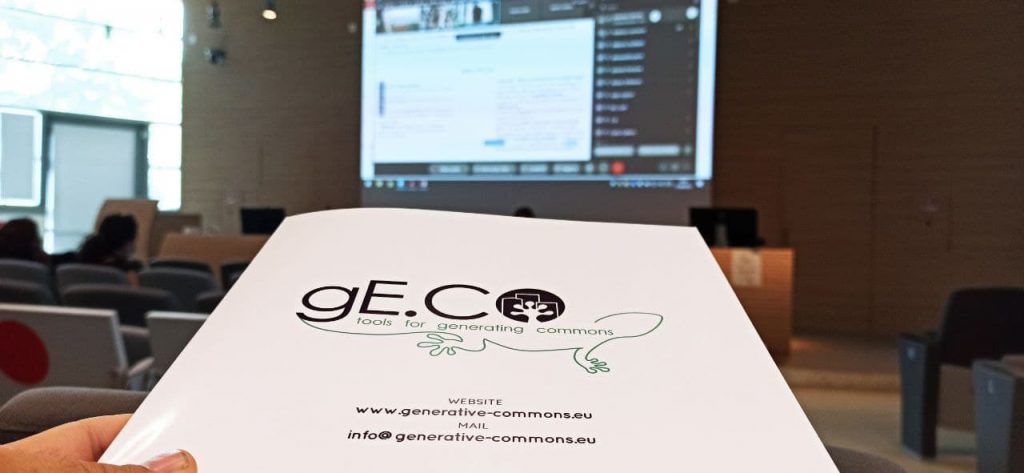
His presentation put forth how according to authoritative studies, there are about 600,000 places of worship and several thousand monasteries and convents in Europe. The process of secularization, the decrease and displacement of the population, the reduction of vocations to the sacred life can be held responsible for the redundancy of the Catholic Church’s assets.
di Modugno went on to state that these buildings represented an impressive heritage of faith, work and creativity of the communities which made them. Most of them are considered as “cultural heritage” by the legislation of the States, because of their historical, cultural and artistic values.
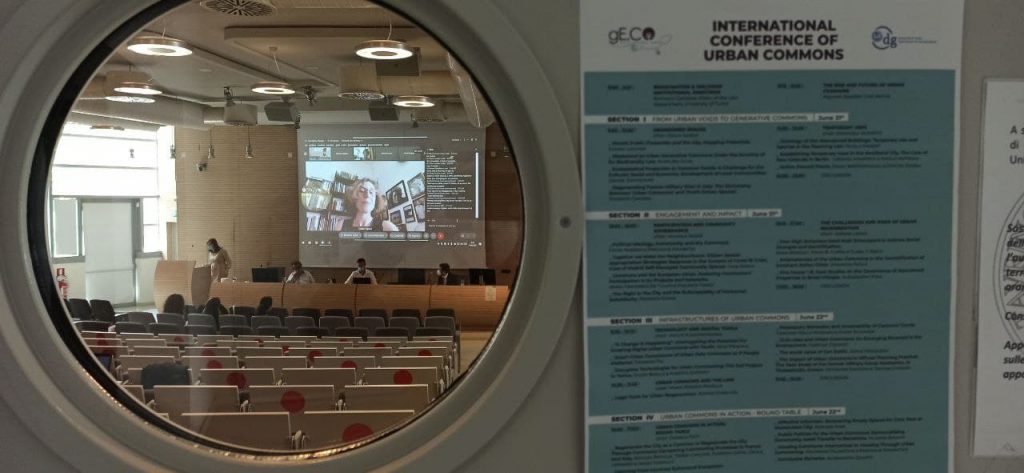
In conclusion
The aim of the article is to show that the adaptive re-use of ecclesiastical properties can be approached in an innovative way with the theory of commons and related legal solutions. This could be a great opportunity for the cultural, social and economic development of cities and villages, all the more so if the whole civil society will be involved in the decision of the new functions and the subsequent management.
This paper as well as others presented during the conference will be published in an international journal soon, so keep tuned for updates.

